Offline dengan aplikasi Player FM !
The Stages Of Heartbreak After A Breakup
Fetch error
Hmmm there seems to be a problem fetching this series right now.
Last successful fetch was on November 13, 2024 13:41 (
What now? This series will be checked again in the next day. If you believe it should be working, please verify the publisher's feed link below is valid and includes actual episode links. You can contact support to request the feed be immediately fetched.
Manage episode 364442912 series 1314604
This is a complete guide to the major stages of heartbreak after a breakup.
In this in-depth guide, you’re going to learn,
- About the science of heartbreak
- What I believe to be the 8 stages of grief after a breakup
- What the most challenging stage is after a breakup
- How long you can expect the typical heartbreak period to last
So, if you’re ready to learn about the significant stages of heartbreak, this is the guide for you.
Let’s begin.

What Are Your Chances of Getting Your Ex Boyfriend Back?
Take the quizThe Science Of Heartbreak
The first thing you need to understand is we need to set the stage for what’s going on inside of your body.
And to set the stage for what’s going on inside your body, we need to look at the various chemicals or, rather, the various players.
And ultimately, those boil down to:
- Cortisol
- Dopamine
- Norepinephrine
- And Serotonin.
All right, so a quick crash course on each one.
Cortisol is considered a stress hormone.
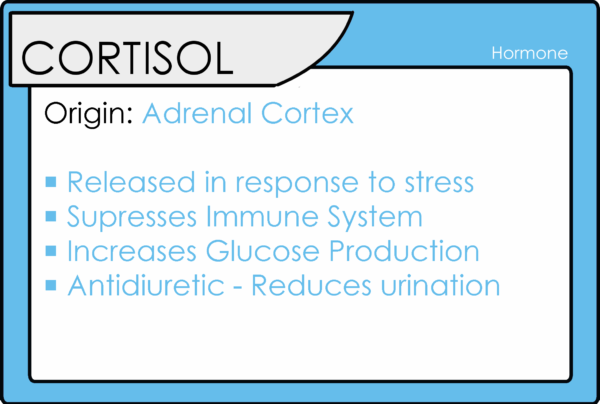
So often, you’ll find that it’s exceptionally elevated during breakups.
Dopamine is actually associated with pleasure, reward, arousal, and desire.
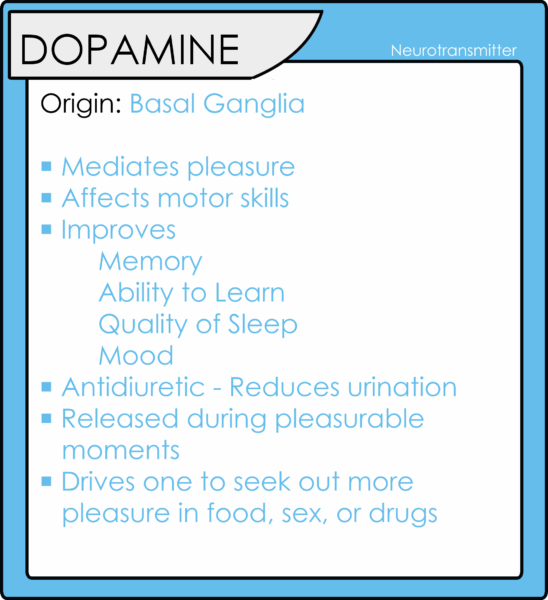
We often see this often with the honeymoon period at the beginning of a relationship.
Norepinephrine is about increasing memory for new stimuli, but it just makes you extra excitable.
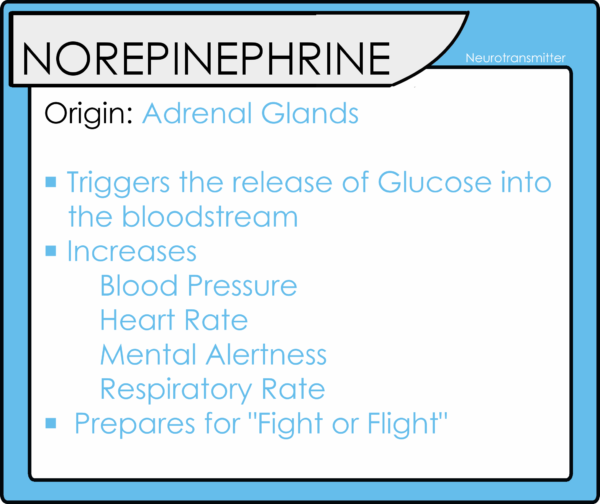
Once again, very common to see this during the honeymoon period.
And then, finally, we have serotonin.
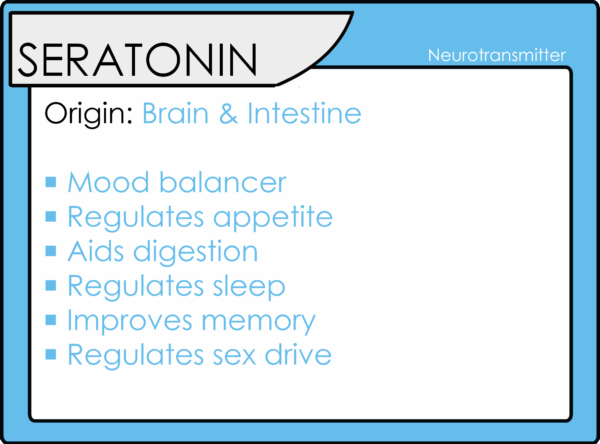
Serotonin is cortisol’s foil. So cortisol is the stress hormone that makes you almost obsessive-compulsive after a breakup.
Serotonin is considered a mood stabilizer, and it helps stop OCD from occurring.
Okay, now that we have sort of the stage set, let’s talk about what happens at the outset of a breakup.
So at the very beginning of a relationship, a lot of the chemicals your brain will release into your body are elevated.
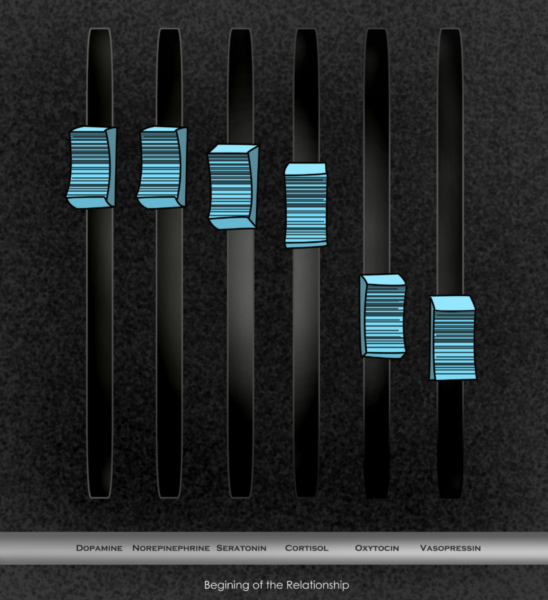
Cortisol will be slightly elevated, but dopamine, norepinephrine, and serotonin are significantly elevated.
And this is what creates the euphoria of a honeymoon period.
In the middle of a relationship, those various chemicals come back down to normal levels.
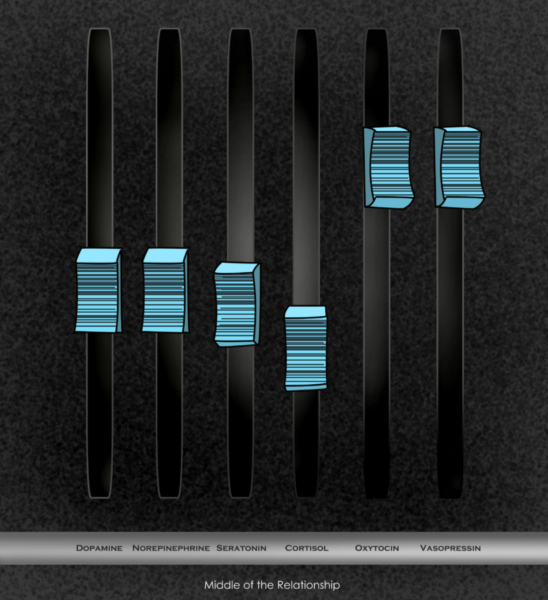
Heartbreak is a little bit different.
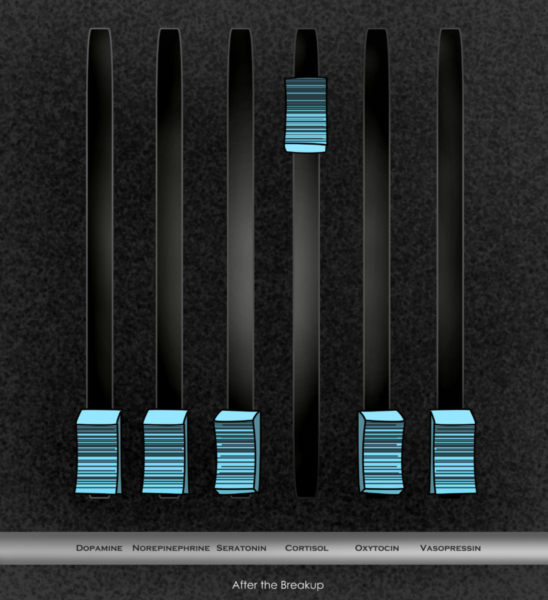
When you go through a breakup, dopamine, norepinephrine, and, most importantly, serotonin go way down, and cortisol goes way up.
This is important because cortisol creates a potentially significant issue for you when it becomes highly elevated.
So one of the best quotes I’ve seen on cortisol after a breakup happened was from this particular man named Jamie Lee, who was featured in an article for bodyandsoul.com.
He argued that, on average, it can take three to four hours for your cortisol levels to return to normal after a stress response. So let’s say you get into an argument or have a high-stakes meeting, and your cortisol shoots up, but after three or four hours, it returns to normal.
But if your levels have been high for some time, it can take up to six months to balance them out.
On average, it’s only supposed to take you three hours. But imagine you’re going through something so stressful that it keeps cortisol in this elevated state.
In that case, the cortisol takes so much longer to level out. And this is the core foundation for why people struggle so much during breakups.
The breakup is obviously stressful.
It triggers cortisol to stay in that elevated state for an extended period.
And if it’s in that state for a long time, what happens?
You will be very, very stressed for the next six months. There’s just no way around it.
Let’s move on to the eight stages of grief after a breakup.
Understanding The Eight Stages Of Heartbreak After A Breakup
This one requires an introduction. I was inspired by this article I found on Psychology Today, written by a clinical psychologist named Susan Lachmann.
She argues that we always know the five stages of grief after a breakup.
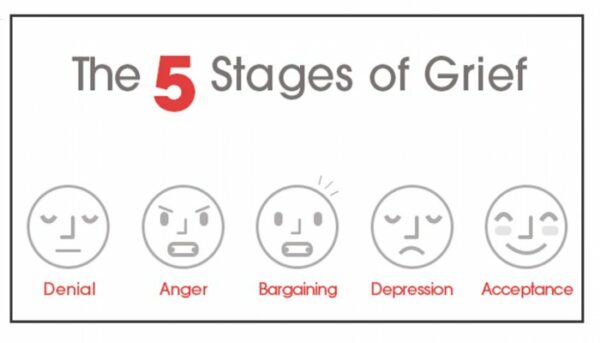
But when it comes to breakups, she claims there are seven grief stages.
And I’ve written about this in the past, but the more I’ve sat and thought about it, the more I would like to alter her stages.
It’s not that I disagree with them.
I actually do agree with them.
I just think they’re not ordered correctly.
And there’s one stage that is missing. So to give you a reference, her seven stages are as follows,
- Desperate for answers
- Denial
- Bargaining
- Relapse
- Anger
- Initial Acceptance
- Redirected Hope
I love these stages, but for me, there are eight stages.
So, here are my eight stages.
- Desperation
- Pain and Guilt
- Bargaining
- Anger
- Depression
- Initial Acceptance
- Relapse
- Actual Acceptance
So let’s take a moment and go through each one of these because I feel like each one merits an explanation.
Stage #1: Desperation
So stage one is considered the desperation stage. This is where you are desperate for answers after a breakup.
The most common marker you are in this stage is frantically going to Google or YouTube to search for breakup information.
- Why you’re feeling, what you’re feeling,
- how to get your ex back,
- ways to trick your ex back,
You find yourself typing into Google all these things that you would never have thought you were capable of typing. And it’s all just because you’re desperate to understand what happened.
Here’s the funny thing. My team and I have found that most of our clients have anxious attachment styles.
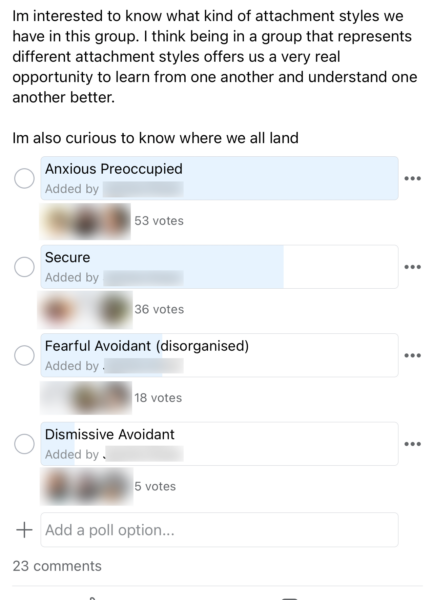
And the fascinating marker for someone with an anxious attachment style is they are very big on trying to solve problems.
And it fits, you know, if you’re desperate for answers, you’re going to Google or YouTube to solve a problem.
So that’s the desperation stage.
Stage #2: Pain And Guilt
This will be where you start to notice many of those anxious triggers coming into play.
- Desperation
- Fear of abandonment
- Begging
- Pleading
- Seeking re-assurance
But more than anything
I want to turn your attention to what I consider to be codependent shaming.
So my wife and I recently wrote this great article on how to handle codependence after a breakup.
We personally believe many of our clients tend to be too codependent. And as a result, they shame themselves and have these negative self-beliefs that they trap themselves with. And this is pretty common for someone who is codependent.
They rely too much on that particular relationship for their well-being and self-esteem. And when that relationship ends or that specific person who their entire world revolves around leaves them,
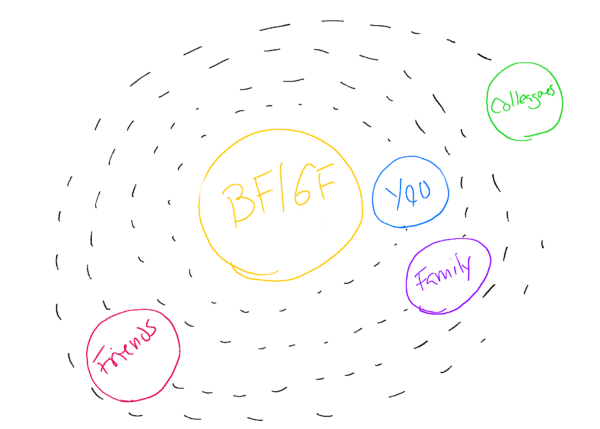
They find themselves dwelling on every perceived problem they believe is their fault, consequently driving their anguish and guilt to unbearable levels. The emotional aftermath of the breakup is excruciating; they’re grieving, deeply immersed in the mourning process. They’re laden with guilt over issues that may not even be their responsibility.
Stage #3: Bargaining
The third stage is where you enter into my orbit.
This is where you determine that you will get back with your ex.
You think to yourself;
- I’ve been doing all the searching.
- I’ve read Chris’s stuff.
- I’ve listened to his podcast.
- I’ve listened to his interview success stories.
- And you know what?
- This is possible.
- I can do this for myself.
- I know the path forward.
This is the bargaining stage.
Now, it’s not to say that you can’t succeed. I’m not insinuating that at all in this discussion.
I’m just working through the journey that most of our clients typically go through.
So this is where you are set on returning with your ex.
Simple as that.
And then, of course, at some part, stage four is going to occur. And that’s anger.
Stage #4: Anger
If I’m candid with you, I put anger in here because it is a normal part of the grieving process.
But a lot of times, I find that our clients do not get angry with their exes. As I mentioned earlier, most of my clients find their way to me during the bargaining stage, typically when they’re trying to reconcile with their ex. For many, the perspective is not that their ex is incapable of wrongdoing but that they harbor no significant resentment towards them.
The onset of anger usually emerges when their initial attempts to win back their ex prove unsuccessful. This is a common experience among those who seek my guidance.
Then they get angry, not at their ex, but at the situation. They lash out. Sometimes they blame me. Recently, there were a couple of examples in our community where I didn’t get back to people quick enough with answers, and they grew incredibly frustrated.
I see this all the time; it’s pervasive. And I don’t even take it personally because I understand everyone’s going through this.
Stage #5: Depression
I don’t know if I should go deep into this because you need to understand the roller coaster someone is going through up to this point.
They’re incredibly desperate initially, so they’re at a negative. Then they feel pain and guilt; they’re even more negative.
Then they enter that bargaining stage. As odd as it sounds, bargaining gives them some hope.
They start looking online and at stories of people who have succeeded in getting their exes back.
So that is looked at as a positive.
And then anger occurs, which is in between a positive and negative because there are instances where anger can make you feel better.
But obviously, it’s not great as a whole to live in this angry state.
So after that roller coaster comes depression, and what I’m finding at this point is that your cortisol is incredibly elevated, as we talked about in the science of heartbreak section of this discussion.
And one thing we know about elevated cortisol is it makes you so much more susceptible to depression.
So one of the jobs I’m constantly working on with my clients is helping them find ways to lower that cortisol because we don’t want them in a depressed state.
Stage #6: Initial Acceptance
The stage of initial acceptance essentially arrives when you decide, “I’m not sure I can get them back anymore.”
This realization is entirely normal, often culminating in the thought, “I think I’m okay if I don’t get them back anymore.” Much of what we’re discussing here parallels the traditional five stages of grief.
However, we’ve repurposed them for the context of a breakup.
But here’s where it becomes particularly intriguing: initial acceptance differs from true acceptance.
The former involves convincing yourself that you’re okay, that you’ve moved on.
This notion is something I’ve seen repeatedly in the private community I’ve been running since 2016.
Members often post about their newfound happiness post-breakup, only to share their feelings of depression and sadness a few weeks later.
They had convinced themselves that they were over their ex, didn’t want them back, and were okay.
Yet, deep down, they were not.
This is the complexity and challenge of initial acceptance. At the moment, it feels genuine, like they have genuinely moved on and are comfortable with the reality of it. But often, it’s just the surface-level feeling and deeper emotions are still at play.
Stage #7: Relapse
But then comes stage seven, relapse; something happens, something triggers you, and it causes you to start the entire grieving stage over again.
- You go through a desperate stage where you look for answers on ex-boyfriend recovery or ex-girlfriend recovery.
- You go to YouTube, watch the videos, and listen to the podcast.
- You feel pain, guilt, and anger.
- You bargain with yourself.
- You’re incredibly depressed.
- You’ve accepted it again.
- And then, guess what happens once more?
- You relapse again.
Relapse is the worst thing possible because it’s arguably the stage that takes the longest. When I often talk about the relapse stage, people think, okay, stage seven relapse. That means we’re starting over from stage one, right?
Well, no, not exactly.
The way relapse works is sometimes you can get caught in it for two, three, or four revolutions where you’re convincing yourself you don’t want them back, only to relapse and want them back again.
And it makes that cortisol stay in that elevated state, which makes your life more stressful, which makes you more susceptible to depression.
And it’s only after going through relapse a bunch of times that, at some point, you skip it.
You go from initial acceptance to our final stage, stage eight, actual acceptance.
Stage #8: Actual Acceptance
Now actual acceptance is where you actually accept the breakup. It’s the real thing this time.
You think,
“I’m over them. I’ve accepted that this breakup has occurred. I wouldn’t mind them returning to me, but I don’t need them back.”
And it’s authentic.
You don’t relapse anymore.
You’re ready to move on with your life.
Not a ton more to dig into here, if I’m being honest.
Instead, I would like to talk about is what I consider to be the hardest stage.
What Is The Hardest Stage Of Heartbreak?
Without a doubt, the most challenging stage is the relapse stage.
What’s complicated about it is its partnership with the initial acceptance phase.
So initially, you accept that you’re over the breakup. You convince yourself that,
“Hey, this is it. I’m done!”
Only to relapse and start over from the beginning. It can feel like an unyielding negative cycle that you’re trapped in. You’re stuck in a hole you can’t climb out of and just when you’ve gotten to the top, just when you’ve seen daylight.
Something happens and you relapse, you get pushed back down to the very bottom of that hole again, and it’s time to begin your climb once more.
Over and over again.
But why the struggle to get to “actual acceptance?”
Well, I have found that when I interview success stories,
People who get past these relapse phases and into these actuall acceptance phases that have the greatest likelihood of getting their exes back.
It’s the common thread we’ve seen through almost every success story, not every single one, but nearly every success story.
So my goal as a breakup coach is help move you past the obsessive-compulsive thoughts that you’re having about your ex and help you work through these stages of heartbreak so you can arrive at stage eight more quickly.
How Long Will These Heartbreak Stages Last Total?
Looking at our success stories can give us some insight.
We found that the average success story falls between five to seven months. It’s around 5.2 months, but a range of five to seven months provides a more comprehensive and ideal perspective.
But even that is just a “range.”
For years I’ve been trying to come up with a formula that can be a one size fits all formula. But ultimately, I realized there’s no one-size-fits-all formula to figure out how long you’re going to be heartbroken or how long you should expect to be heartbroken.
Nevertheless, I continue to try.
So I will teach you my makeshift formula, and you should take this with a massive grain of salt.
This is not going to be accurate all the way. There are things that could be improved with it. I’m happy for you to point out the flaws in the comments, but as a general rule, I have found it to be the most accurate metric you can fall back on.
But again, no science is backing it up, and it’s using my polling data.
So with that disclaimer out of the way here’s the formula,
X/Y + Z = Time in months you’ll be heartbroken
X= Time you were together in months
Y= 6 months (our average success story timeframe)
Z= 3 The standard post-breakup processing period
Let’s use an example for clarity.
Assume you were together with your ex for seven months.
- In this case, ‘X’ equals seven.
- Divide that by six
- and add three to the result.
7/6+3 = 4.2
This calculation suggests the typical recovery or heartbreak period is roughly 4.2 months. That’s generally how long it takes to reach an emotional state where you feel settled and okay.
Like I said, it’s not an exact science but it at least creates an expectation for you.
The post The Stages Of Heartbreak After A Breakup first appeared on Ex Boyfriend Recovery.425 episode
Fetch error
Hmmm there seems to be a problem fetching this series right now.
Last successful fetch was on November 13, 2024 13:41 (
What now? This series will be checked again in the next day. If you believe it should be working, please verify the publisher's feed link below is valid and includes actual episode links. You can contact support to request the feed be immediately fetched.
Manage episode 364442912 series 1314604
This is a complete guide to the major stages of heartbreak after a breakup.
In this in-depth guide, you’re going to learn,
- About the science of heartbreak
- What I believe to be the 8 stages of grief after a breakup
- What the most challenging stage is after a breakup
- How long you can expect the typical heartbreak period to last
So, if you’re ready to learn about the significant stages of heartbreak, this is the guide for you.
Let’s begin.

What Are Your Chances of Getting Your Ex Boyfriend Back?
Take the quizThe Science Of Heartbreak
The first thing you need to understand is we need to set the stage for what’s going on inside of your body.
And to set the stage for what’s going on inside your body, we need to look at the various chemicals or, rather, the various players.
And ultimately, those boil down to:
- Cortisol
- Dopamine
- Norepinephrine
- And Serotonin.
All right, so a quick crash course on each one.
Cortisol is considered a stress hormone.

So often, you’ll find that it’s exceptionally elevated during breakups.
Dopamine is actually associated with pleasure, reward, arousal, and desire.

We often see this often with the honeymoon period at the beginning of a relationship.
Norepinephrine is about increasing memory for new stimuli, but it just makes you extra excitable.

Once again, very common to see this during the honeymoon period.
And then, finally, we have serotonin.

Serotonin is cortisol’s foil. So cortisol is the stress hormone that makes you almost obsessive-compulsive after a breakup.
Serotonin is considered a mood stabilizer, and it helps stop OCD from occurring.
Okay, now that we have sort of the stage set, let’s talk about what happens at the outset of a breakup.
So at the very beginning of a relationship, a lot of the chemicals your brain will release into your body are elevated.

Cortisol will be slightly elevated, but dopamine, norepinephrine, and serotonin are significantly elevated.
And this is what creates the euphoria of a honeymoon period.
In the middle of a relationship, those various chemicals come back down to normal levels.

Heartbreak is a little bit different.

When you go through a breakup, dopamine, norepinephrine, and, most importantly, serotonin go way down, and cortisol goes way up.
This is important because cortisol creates a potentially significant issue for you when it becomes highly elevated.
So one of the best quotes I’ve seen on cortisol after a breakup happened was from this particular man named Jamie Lee, who was featured in an article for bodyandsoul.com.
He argued that, on average, it can take three to four hours for your cortisol levels to return to normal after a stress response. So let’s say you get into an argument or have a high-stakes meeting, and your cortisol shoots up, but after three or four hours, it returns to normal.
But if your levels have been high for some time, it can take up to six months to balance them out.
On average, it’s only supposed to take you three hours. But imagine you’re going through something so stressful that it keeps cortisol in this elevated state.
In that case, the cortisol takes so much longer to level out. And this is the core foundation for why people struggle so much during breakups.
The breakup is obviously stressful.
It triggers cortisol to stay in that elevated state for an extended period.
And if it’s in that state for a long time, what happens?
You will be very, very stressed for the next six months. There’s just no way around it.
Let’s move on to the eight stages of grief after a breakup.
Understanding The Eight Stages Of Heartbreak After A Breakup
This one requires an introduction. I was inspired by this article I found on Psychology Today, written by a clinical psychologist named Susan Lachmann.
She argues that we always know the five stages of grief after a breakup.

But when it comes to breakups, she claims there are seven grief stages.
And I’ve written about this in the past, but the more I’ve sat and thought about it, the more I would like to alter her stages.
It’s not that I disagree with them.
I actually do agree with them.
I just think they’re not ordered correctly.
And there’s one stage that is missing. So to give you a reference, her seven stages are as follows,
- Desperate for answers
- Denial
- Bargaining
- Relapse
- Anger
- Initial Acceptance
- Redirected Hope
I love these stages, but for me, there are eight stages.
So, here are my eight stages.
- Desperation
- Pain and Guilt
- Bargaining
- Anger
- Depression
- Initial Acceptance
- Relapse
- Actual Acceptance
So let’s take a moment and go through each one of these because I feel like each one merits an explanation.
Stage #1: Desperation
So stage one is considered the desperation stage. This is where you are desperate for answers after a breakup.
The most common marker you are in this stage is frantically going to Google or YouTube to search for breakup information.
- Why you’re feeling, what you’re feeling,
- how to get your ex back,
- ways to trick your ex back,
You find yourself typing into Google all these things that you would never have thought you were capable of typing. And it’s all just because you’re desperate to understand what happened.
Here’s the funny thing. My team and I have found that most of our clients have anxious attachment styles.

And the fascinating marker for someone with an anxious attachment style is they are very big on trying to solve problems.
And it fits, you know, if you’re desperate for answers, you’re going to Google or YouTube to solve a problem.
So that’s the desperation stage.
Stage #2: Pain And Guilt
This will be where you start to notice many of those anxious triggers coming into play.
- Desperation
- Fear of abandonment
- Begging
- Pleading
- Seeking re-assurance
But more than anything
I want to turn your attention to what I consider to be codependent shaming.
So my wife and I recently wrote this great article on how to handle codependence after a breakup.
We personally believe many of our clients tend to be too codependent. And as a result, they shame themselves and have these negative self-beliefs that they trap themselves with. And this is pretty common for someone who is codependent.
They rely too much on that particular relationship for their well-being and self-esteem. And when that relationship ends or that specific person who their entire world revolves around leaves them,

They find themselves dwelling on every perceived problem they believe is their fault, consequently driving their anguish and guilt to unbearable levels. The emotional aftermath of the breakup is excruciating; they’re grieving, deeply immersed in the mourning process. They’re laden with guilt over issues that may not even be their responsibility.
Stage #3: Bargaining
The third stage is where you enter into my orbit.
This is where you determine that you will get back with your ex.
You think to yourself;
- I’ve been doing all the searching.
- I’ve read Chris’s stuff.
- I’ve listened to his podcast.
- I’ve listened to his interview success stories.
- And you know what?
- This is possible.
- I can do this for myself.
- I know the path forward.
This is the bargaining stage.
Now, it’s not to say that you can’t succeed. I’m not insinuating that at all in this discussion.
I’m just working through the journey that most of our clients typically go through.
So this is where you are set on returning with your ex.
Simple as that.
And then, of course, at some part, stage four is going to occur. And that’s anger.
Stage #4: Anger
If I’m candid with you, I put anger in here because it is a normal part of the grieving process.
But a lot of times, I find that our clients do not get angry with their exes. As I mentioned earlier, most of my clients find their way to me during the bargaining stage, typically when they’re trying to reconcile with their ex. For many, the perspective is not that their ex is incapable of wrongdoing but that they harbor no significant resentment towards them.
The onset of anger usually emerges when their initial attempts to win back their ex prove unsuccessful. This is a common experience among those who seek my guidance.
Then they get angry, not at their ex, but at the situation. They lash out. Sometimes they blame me. Recently, there were a couple of examples in our community where I didn’t get back to people quick enough with answers, and they grew incredibly frustrated.
I see this all the time; it’s pervasive. And I don’t even take it personally because I understand everyone’s going through this.
Stage #5: Depression
I don’t know if I should go deep into this because you need to understand the roller coaster someone is going through up to this point.
They’re incredibly desperate initially, so they’re at a negative. Then they feel pain and guilt; they’re even more negative.
Then they enter that bargaining stage. As odd as it sounds, bargaining gives them some hope.
They start looking online and at stories of people who have succeeded in getting their exes back.
So that is looked at as a positive.
And then anger occurs, which is in between a positive and negative because there are instances where anger can make you feel better.
But obviously, it’s not great as a whole to live in this angry state.
So after that roller coaster comes depression, and what I’m finding at this point is that your cortisol is incredibly elevated, as we talked about in the science of heartbreak section of this discussion.
And one thing we know about elevated cortisol is it makes you so much more susceptible to depression.
So one of the jobs I’m constantly working on with my clients is helping them find ways to lower that cortisol because we don’t want them in a depressed state.
Stage #6: Initial Acceptance
The stage of initial acceptance essentially arrives when you decide, “I’m not sure I can get them back anymore.”
This realization is entirely normal, often culminating in the thought, “I think I’m okay if I don’t get them back anymore.” Much of what we’re discussing here parallels the traditional five stages of grief.
However, we’ve repurposed them for the context of a breakup.
But here’s where it becomes particularly intriguing: initial acceptance differs from true acceptance.
The former involves convincing yourself that you’re okay, that you’ve moved on.
This notion is something I’ve seen repeatedly in the private community I’ve been running since 2016.
Members often post about their newfound happiness post-breakup, only to share their feelings of depression and sadness a few weeks later.
They had convinced themselves that they were over their ex, didn’t want them back, and were okay.
Yet, deep down, they were not.
This is the complexity and challenge of initial acceptance. At the moment, it feels genuine, like they have genuinely moved on and are comfortable with the reality of it. But often, it’s just the surface-level feeling and deeper emotions are still at play.
Stage #7: Relapse
But then comes stage seven, relapse; something happens, something triggers you, and it causes you to start the entire grieving stage over again.
- You go through a desperate stage where you look for answers on ex-boyfriend recovery or ex-girlfriend recovery.
- You go to YouTube, watch the videos, and listen to the podcast.
- You feel pain, guilt, and anger.
- You bargain with yourself.
- You’re incredibly depressed.
- You’ve accepted it again.
- And then, guess what happens once more?
- You relapse again.
Relapse is the worst thing possible because it’s arguably the stage that takes the longest. When I often talk about the relapse stage, people think, okay, stage seven relapse. That means we’re starting over from stage one, right?
Well, no, not exactly.
The way relapse works is sometimes you can get caught in it for two, three, or four revolutions where you’re convincing yourself you don’t want them back, only to relapse and want them back again.
And it makes that cortisol stay in that elevated state, which makes your life more stressful, which makes you more susceptible to depression.
And it’s only after going through relapse a bunch of times that, at some point, you skip it.
You go from initial acceptance to our final stage, stage eight, actual acceptance.
Stage #8: Actual Acceptance
Now actual acceptance is where you actually accept the breakup. It’s the real thing this time.
You think,
“I’m over them. I’ve accepted that this breakup has occurred. I wouldn’t mind them returning to me, but I don’t need them back.”
And it’s authentic.
You don’t relapse anymore.
You’re ready to move on with your life.
Not a ton more to dig into here, if I’m being honest.
Instead, I would like to talk about is what I consider to be the hardest stage.
What Is The Hardest Stage Of Heartbreak?
Without a doubt, the most challenging stage is the relapse stage.
What’s complicated about it is its partnership with the initial acceptance phase.
So initially, you accept that you’re over the breakup. You convince yourself that,
“Hey, this is it. I’m done!”
Only to relapse and start over from the beginning. It can feel like an unyielding negative cycle that you’re trapped in. You’re stuck in a hole you can’t climb out of and just when you’ve gotten to the top, just when you’ve seen daylight.
Something happens and you relapse, you get pushed back down to the very bottom of that hole again, and it’s time to begin your climb once more.
Over and over again.
But why the struggle to get to “actual acceptance?”
Well, I have found that when I interview success stories,
People who get past these relapse phases and into these actuall acceptance phases that have the greatest likelihood of getting their exes back.
It’s the common thread we’ve seen through almost every success story, not every single one, but nearly every success story.
So my goal as a breakup coach is help move you past the obsessive-compulsive thoughts that you’re having about your ex and help you work through these stages of heartbreak so you can arrive at stage eight more quickly.
How Long Will These Heartbreak Stages Last Total?
Looking at our success stories can give us some insight.
We found that the average success story falls between five to seven months. It’s around 5.2 months, but a range of five to seven months provides a more comprehensive and ideal perspective.
But even that is just a “range.”
For years I’ve been trying to come up with a formula that can be a one size fits all formula. But ultimately, I realized there’s no one-size-fits-all formula to figure out how long you’re going to be heartbroken or how long you should expect to be heartbroken.
Nevertheless, I continue to try.
So I will teach you my makeshift formula, and you should take this with a massive grain of salt.
This is not going to be accurate all the way. There are things that could be improved with it. I’m happy for you to point out the flaws in the comments, but as a general rule, I have found it to be the most accurate metric you can fall back on.
But again, no science is backing it up, and it’s using my polling data.
So with that disclaimer out of the way here’s the formula,
X/Y + Z = Time in months you’ll be heartbroken
X= Time you were together in months
Y= 6 months (our average success story timeframe)
Z= 3 The standard post-breakup processing period
Let’s use an example for clarity.
Assume you were together with your ex for seven months.
- In this case, ‘X’ equals seven.
- Divide that by six
- and add three to the result.
7/6+3 = 4.2
This calculation suggests the typical recovery or heartbreak period is roughly 4.2 months. That’s generally how long it takes to reach an emotional state where you feel settled and okay.
Like I said, it’s not an exact science but it at least creates an expectation for you.
The post The Stages Of Heartbreak After A Breakup first appeared on Ex Boyfriend Recovery.425 episode
Semua episode
×Selamat datang di Player FM!
Player FM memindai web untuk mencari podcast berkualitas tinggi untuk Anda nikmati saat ini. Ini adalah aplikasi podcast terbaik dan bekerja untuk Android, iPhone, dan web. Daftar untuk menyinkronkan langganan di seluruh perangkat.




